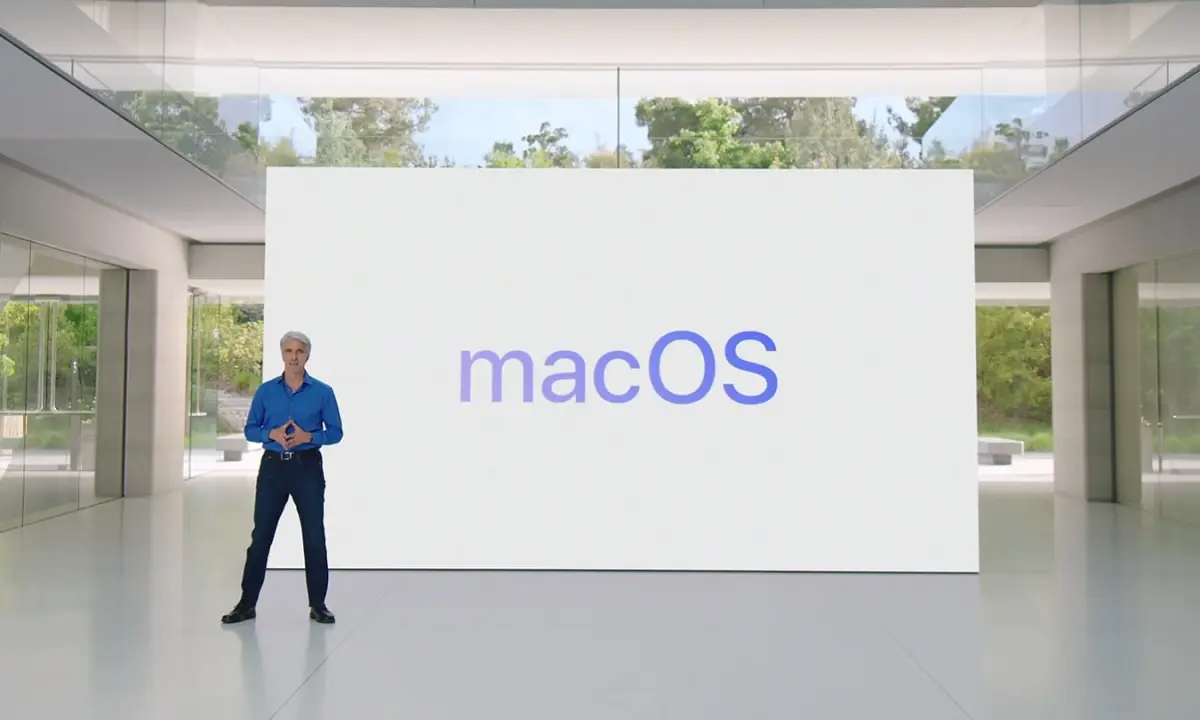In the rapidly evolving world of cryptocurrencies, Ethereum stands out as a leading platform for decentralized applications, driving significant interest in the potential for Ethereum-based Exchange-Traded Funds (ETFs). However, despite the enthusiasm surrounding Ethereum’s technological advancements and its broad use cases, a blend of regulatory, market, and technological uncertainties cast a shadow over the future of an Ethereum ETF.
Industry analysts predict a clear path for the approval of spot Ethereum ETFs in 2024, buoyed by the recent approval of Bitcoin ETFs. With significant regulatory milestones on the horizon, there’s optimism that Ethereum ETFs could start trading as early as the second quarter of 2024. Notably, the U.S. Securities and Exchange Commission (SEC) has set deadlines for decisions on several Ethereum ETF applications, with a notable surge in Ether’s price following the positive developments in the ETF landscape.
Despite the optimism, several factors contribute to a cautious outlook for Ethereum ETFs. The volatility inherent in Ethereum’s market, influenced by its role in decentralized finance (DeFi) and non-fungible tokens (NFTs), presents a significant concern. Ethereum’s recent transition from Proof of Work (PoW) to Proof of Stake (PoS) introduces new economic dynamics and potential risks that market participants and regulators are still assessing. These elements add layers of complexity to Ethereum’s market behavior, influencing its attractiveness to investors and the SEC’s considerations regarding ETF approval.
Operational and technological risks associated with Ethereum’s protocol transition could impact the SEC’s assessment of an Ethereum ETF’s viability. The shift to PoS, while enhancing scalability and energy efficiency, also introduces concerns regarding security, decentralization, and network stability. These factors are critical in ensuring that an Ethereum ETF would not compromise investor protection or market efficiency.
Political and regulatory hesitance further complicates the landscape. Following criticism from progressive Democrats for approving a Bitcoin ETF, the SEC faces increased scrutiny and may adopt a more cautious stance toward introducing cryptocurrency-based investment products. SEC Chair Gary Gensler’s methodical approach to cryptocurrency regulation emphasizes investor protection, potentially leading to a rigorous review process for Ethereum ETFs amid political and regulatory pressures.
Market dynamics also play a crucial role in the feasibility of an Ethereum ETF. Despite Ethereum’s technological advancements and its pivotal role in the crypto ecosystem, there is a discernible shift in investor preference towards Bitcoin-centric products, perceived as more secure and stable investments. The response to Ethereum Future ETFs and the declining market share of Ethereum post-PoS transition underscore challenges in garnering substantial investor interest for an Ethereum ETF compared to Bitcoin-focused investment vehicles.
While the approval of Ethereum ETFs appears more likely following the green light for Bitcoin ETFs, a confluence of regulatory scrutiny, market volatility, and technological risks creates a complex backdrop. As the crypto community eagerly anticipates the SEC’s decisions, the future of Ethereum ETFs remains a topic of intense speculation and debate, highlighting the intricate balance between innovation, investor protection, and market stability in the evolving cryptocurrency landscape.










Add Comment